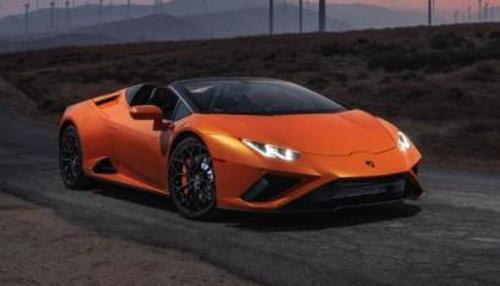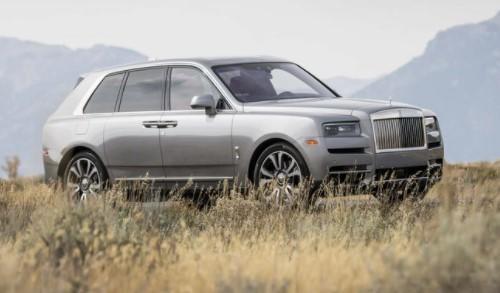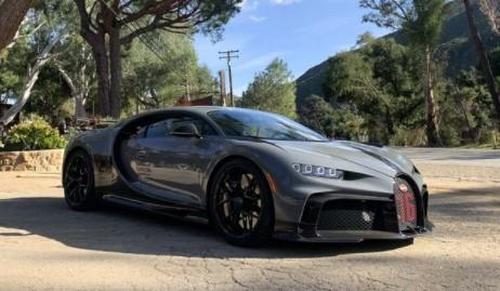“Post-War Boom”: Luxury Carmakers Absolutely Smashed It In 2020
Though they aren’t quick to brag about exactly how much they made in 2020, luxury carmakers had an exceptional year during the pandemic.
And while outlets like have cited that the buying of luxury vehicles was tied to a carpe diem effect (wherein, we guess, people finally started to realize that they will be dead at some point), we’re sure the “support” from Central Banks globally that shot the stock market through the stratosphere in the course of just 9 months, likely also helped.
But it is worthy to note that these automakers’ wild numbers happened in the midst of an era where more than 10 million were unemployed in the U.S. and many suffered severe financial hardships as a result of global governments vastly overreacting to Covid.
Bentley’s Adrian Hallmark said on March 23: “Let’s just say we began 2020 with the strongest order bank since 2003—and we started this January with 50% more orders than last January.” The company delivered 11,206 vehicles in 2020, up 1.8% YOY and marking the “highest output” in its 101 year history, according to Bloomberg.
Hallmark said: “Our sales right now are some 30% above last year, even bearing in mind last year was a record. It would take an even bigger asteroid than the Covid one to knock us off track again.”
“We are not seeing recessionary behavior. We are seeing postwar boom.”
Bugatti saw similar success. “Bugatti did incredibly well,” Stephan Winkelmann said, admitting he was “surprised” at how well the brand did, calling 2020 its “third record-breaking year in a row.”
Porsche’s Oliver Blume said the automaker’s results in 2020 were a “fantastic accomplishment”, noting on a March 18 media day that the company’s revenue reached an all time high of $34 billion in 2020, passing 2019 by more than $100 million. Lamborghini saw annual profits that were higher than any previous year, despite the fact that – like Porsche and Ferrari – sales were actually lower than 2019. Analysts have speculated that it could be positioning for an IPO and spinoff from parent Volkswagen, due to its success.
Aston Martin, on the heels of a $1.79 billion recapitalization in December, also looks to be on an upswing. The company is predicting it will be free cash flow positive by 2023. “Aston Martin is no longer on the critical list,” Michael Dean, head of automotive analysis for Bloomberg Intelligence, said.
Martin Fritsches, CEO of Rolls-Royce Motor Cars Americas, lamented a sharp decline in 2020 but says it was due to product cycles: “We were gearing up for new Ghost in the midst of Covid shutdowns, however we continued to see strong demand for new Rolls-Royces and ended the year with the highest level of future orders ever for the brand. Orders for commissions today extend well into the third quarter.”
Dean also said on March 16 that the trend in luxury shows no signs of slowing: “History suggests demand for super-luxury sports cars will remain robust, despite a Covid-19-related global recession.”
Analysts have also cited the pandemic making the car buying process more streamlined and easier – as is happening in many industries – as a reason for the success. Statista predicts that U.S. revenue for luxury vehicles will reach $6.9 billion this year.
When Winkelmann would ask clients to why they were so intent on buying a luxury vehicle now, he commented: “They told me: ‘We had more time to think about our future and what is happening next, we were deciding where to put our money, and—well, why not?’ ”
Tyler Durden
Sat, 03/27/2021 – 08:45
via ZeroHedge News https://ift.tt/39nfVDc Tyler Durden



